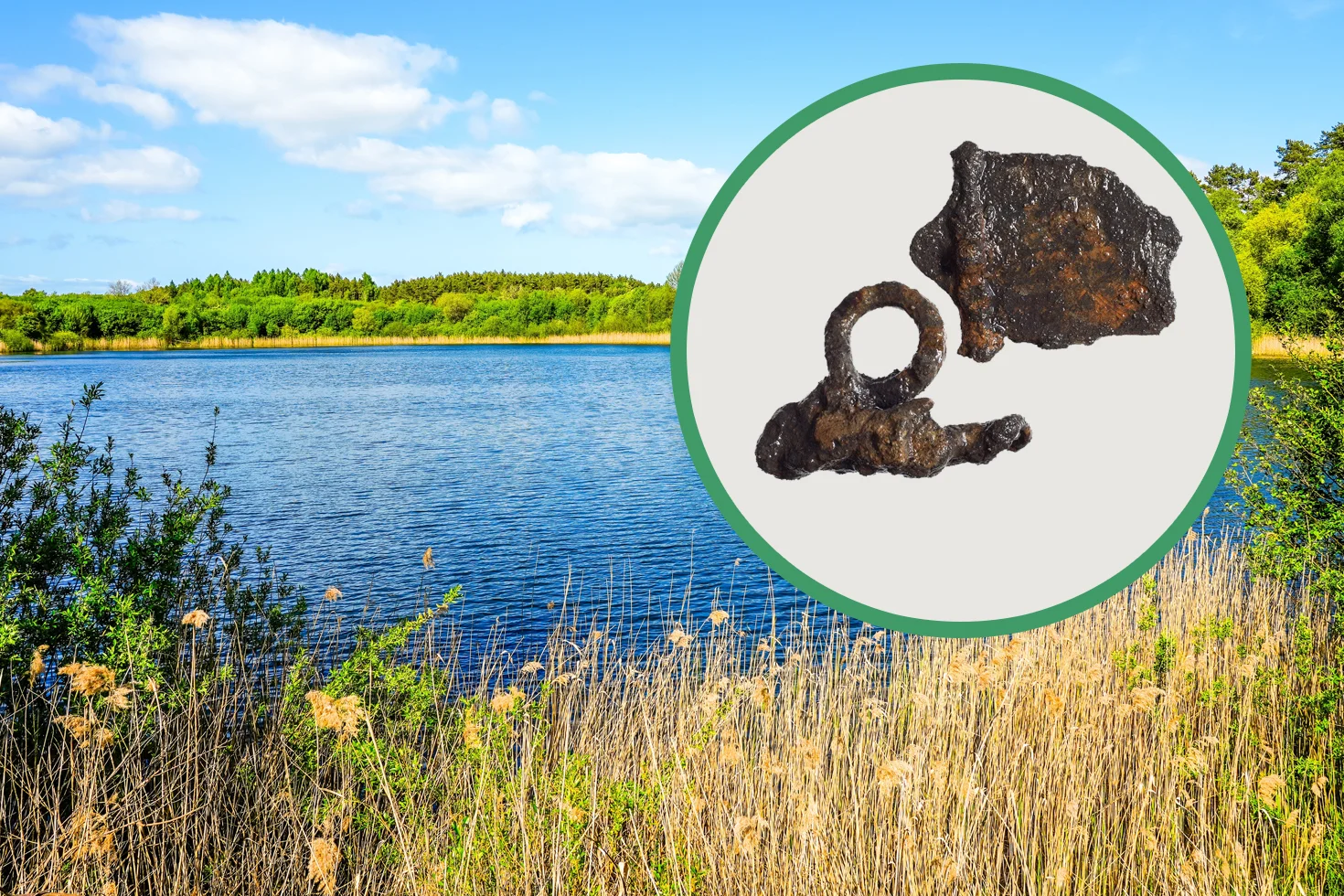Archaeologists from the University of Warsaw have discovered a ritual lake associated with the Celtic peoples.
The Celts are groupings of Indo-Europeans who shared a common language, religious beliefs, traditions, and culture.
The nature of the relationships between the various groups remains unclear, and the term is now generally used to refer to “speakers of Celtic languages” rather than a single ethnic group in current scholarship.
The first recorded use of the term dates to the early 6th century BC, when the Greek geographer, Hecataeus of Miletus, refers to the people living near Massilia (modern Marseille) as the Κελτοί (Keltoi) in Ancient Greek.
“Celt” is actually a modern English name, introduced in the 1707 writings by Edward Lhuyd, who argued that the Brythonic language from Gaul and the Goidelic language from the Iberian Peninsula were of “Celtic” origin.
Archaeologists from the University of Warsaw recently announced the discovery of a ritual lake associated with the Celtic peoples in north-central Poland.
The discovery of the ritual site was the result of a previously uncovered 3rd century sword kept in the collection of the Land Forces Museum in Bydgoszcz. Researchers from the University of Warsaw contacted the finder, leading archaeologists to a lake somewhere in the historic Kuyavia region.
Excavations have unearthed sickles, fragments of iron sword sheaths, and several chain belts, which were ritually deposited in the lake during the 3rd century BC.
Bartosz Kontny, dean of the faculty of archaeology at the University of Warsaw, explained that the discovery is the first example of a ritual lake associated with the Celtic peoples found in Poland
“No one expected the Celts this far north back in the third century BC. Until now, it had been thought that Celtic settlements in present-day Poland reached the Kuyavia region only in the first century BC,” added Kontny.
Due to the significance of the discovery, the exact location of the lake is being kept confidential to prevent disturbance and illegal looting.
Header Image Credit : Miron Bogacki
Sources : PAP





